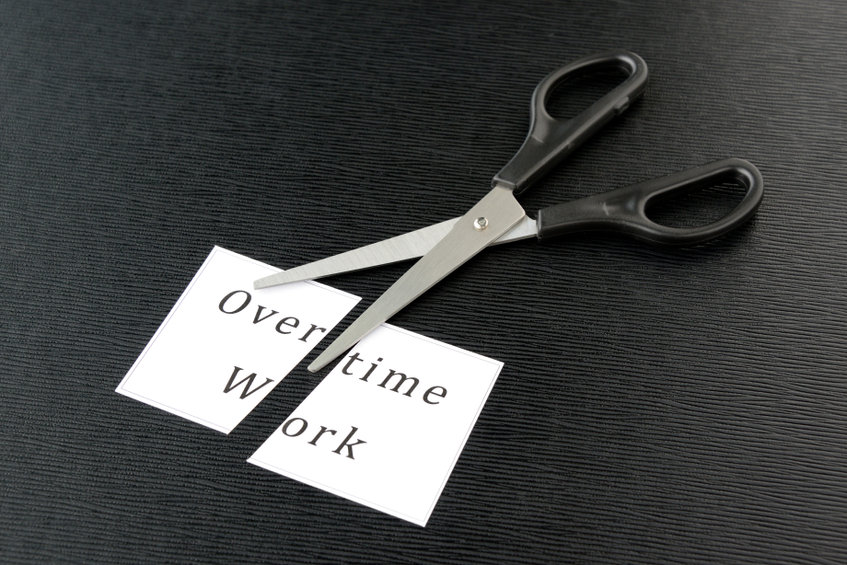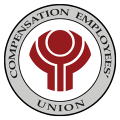Dean Lailey's story continued, When I first became a steward Toni Murray reached out to…

Addressing Workload Concerns
Nearly all unionized workplaces use Workload Campaigns to address the workload of concerns of Members. A campaign is a highly effective political tool that drives management to respond to your workload crisis. Workload Campaigns also allow Members to take a direct role in addressing their workload problems alongside the other action taken by the Union.
Since Spring 2021, CEU Staff and elected CEU Executive and Stewards have attended dozens of Workload Campaign meetings with groups of Members who are desperate for workload relief. One of the strategies that is central to addressing workload is for Members to decline offers to work voluntary overtime.
Overtime contributes to the workload problem because it solves the Employer’s volume issue -the work continues to be handled by Members in a timely manner and they simply pay more in wages. By accepting overtime hours, the true quantity of work is masked, and the Employer’s desired deadlines are met. Working overtime, while at least paid, increases your hours of work in the day/week lessening your ability to rest. Overtime work solves the Employer’s problem of not having enough permanent staff. If there are overtime hours to be offered out, that means there is an ability to hire more regular staff i.e., the additional work hours exist, and the extra money exists. Overtime work is not a solution to the workload crisis – it is a band-aid that causes Members to suffer by working additional hours, while allowing the Employer to continue to avoid hiring more regular staff.
If you are unable to complete your given tasks, duties, and functions of your job by the set (or expected) deadlines in a week, email your Manager and politely ask them to prioritize your work items. If all your work is urgent and it all cannot be done on time, then the Manager needs to decide, and clearly communicate to you, their priority items on behalf of management. This is firmly within the role and jurisdiction of your Manager. And if they need assistance setting down the priorities, they can seek the aid of their Director.
Listed are types of information to collect and tips for presenting your workload concerns to Management:
- Number of tasks / phone calls / emails received per workday
- Number of minutes per day spent clearing your voicemail and returning phone calls
- Relevant Employer policies that create extra administrative work
- Number of vacancies and leaves of absence in your area
- Acuity and intensity of your clients / desk / files
- Stated expectations e.g., deadlines
- Historical information – e.g., past staffing levels; past workload relief measures implemented by Management etc.
- Other pertinent data
Tips for Framing your Workload Concerns with Management
- Accurately describe the number of vacancies, leaves in your area etc. that contributed to your workload
- Is there an appropriate float or resource team?
- Are there any temporary employees working in the area?
- Were you assigned additional duties over and above your assignment (e.g. someone else’s work)?
- Were you affected by the staffing complement: vacation leaves, unfilled vacancies, other staff on special assignments etc.?
- Were you able to complete all required documentation and tasks in a timely manner?
- What other contributing factors affected your work (e.g. lack of Managerial support, lack of coverage in another department, equipment / software problems etc.)?
While CEU representatives continue to work on the Joint Workload Committee; meet regularly with senior executive leadership at WCB to press an Employer response to overwhelming workload faced by the Membership; and strategize for the upcoming round of bargaining, we strongly encourage every Member to focus on their health and wellness by adopting some (or all) of the strategies suggested.
Please contact the Union Office or a Union Executive Member if you have any questions or would like to schedule a Workload Campaign information session with us.
